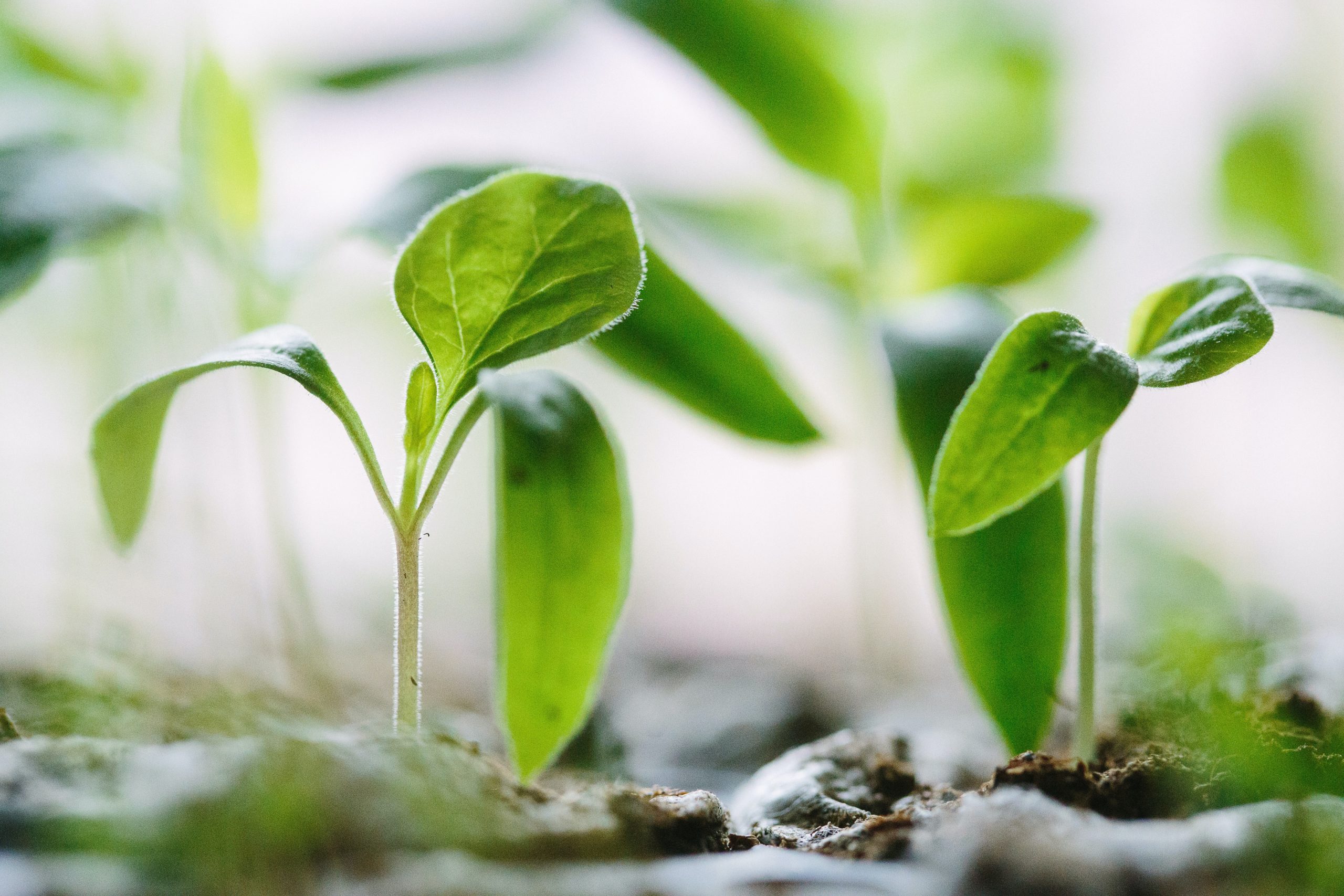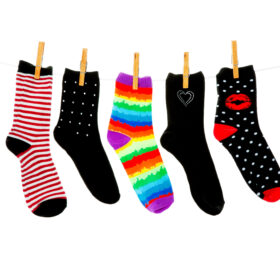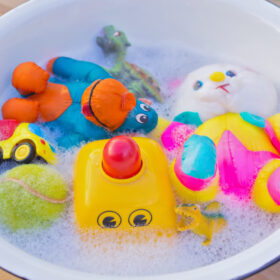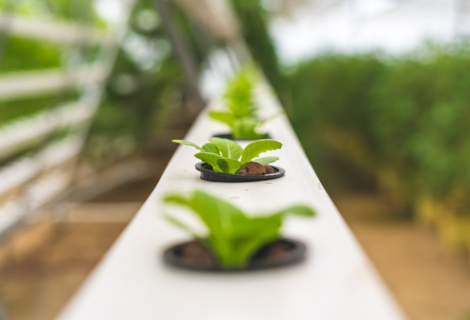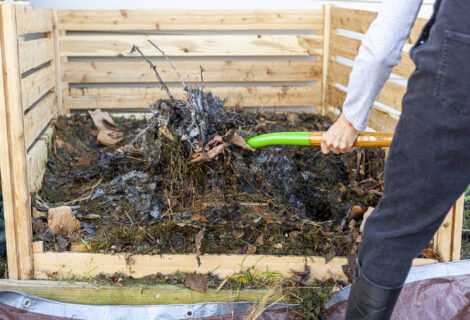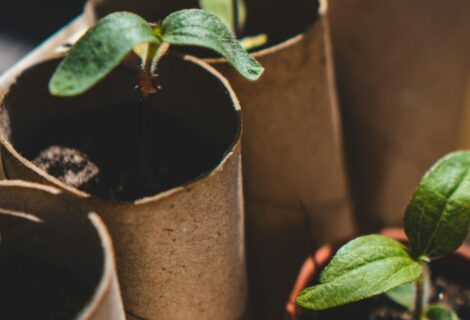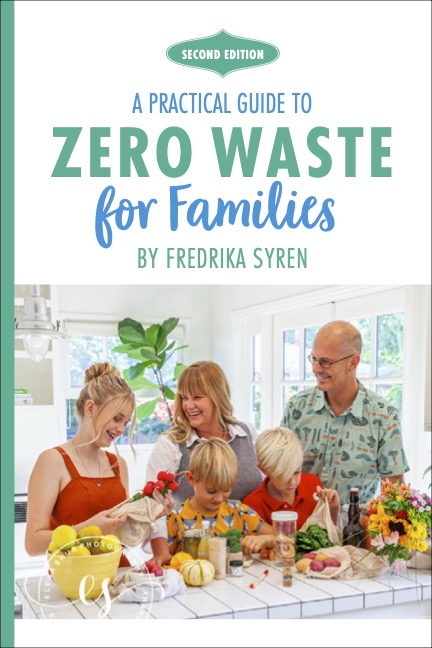How To Start Seeds Indoors
It’s finally spring, and time to start seeds indoors for your vegetable garden. Of course seedlings are readily bought from a local nursery, an easy way to start a garden. However, growing plants from seeds puts all control into your hands and saves lots of money. You will know which seeds are being planted, and in what kinds of soil and fertilizer. It’s the only safe way to know everything is organic. Plus, your budget will go much further. My kids absolutely love the journey of planting a seed, watching it grow and nurturing it until we have herbs, fruits and vegetables to harvest.
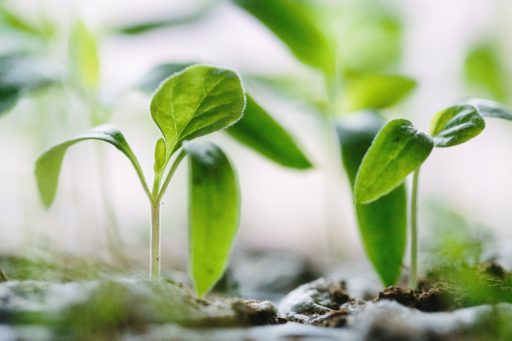
Here are my tips for starting seeds:
Know when to plant seeds—The general rule of thumb is to begin sowing seeds indoors six to eight weeks before the last frost; so planting seeds depends on the climate where you live. Check a sowing calendar, or ask a local gardening social media group or nursery.
Seed pots—I like to plant seeds in recycled household items instead of store-bought plastic trays, soil blocks or pots. Instead of wasting money and creating more trash, I suggest inventing your own seeds pots. It’s easy:
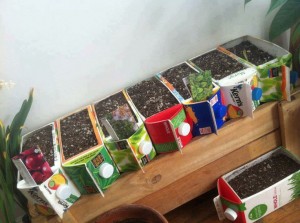
- Old milk or juice cartons—Lay the carton on its side and remove one of the long sides. Make drainage holes in the opposite side. Fill with soil. More than one plant can grow there.
- Egg Cartons—The best part about using egg cartons is that, since they are bio-degradable and compostable, they along with the seedling can be transferred right into the ground/soil/pot. Fill each cell in the carton with soil and plant a few seeds in each one. Once the seeds have sprouted, divide the individual cells, then plant cardboard cells and all.
- Paper Rolls—Everyone uses toilet paper, and the little paper tubes are the perfect size for seed planting. All you have to do is cut your toilet paper rolls in half, then place them all tightly on a tray and fill with soil. Since the bottoms are open, they already have a natural way to drain water. When the time is right, plant them outside, toilet paper roll and all. Just like the egg cartons, they will compost, and the plants will be off to a great start already.
Soil—Never use soil from your garden when planting seeds because seeds need well fertilized, moist soil to ensure the most nutrient-rich environment. Instead, use new seed starting mix made for growing seedlings.
Plant your seeds at about double the depth of their own size.
Keep soil moist because, as the soil dries out, it is likely that the seeds will not germinate. Seeds can take between five and 21 days to germinate. Make sure they get enough direct sunlight by putting them in a place where they will get direct sunlight at least six hours a day.
Invest in a grow light—If you don’t have good light indoors, it’s common to supplement with grow lights. They are great for seedlings, ensuring they will grow healthy and strong.
Feed them compost—Once plants have developed more than 2 leaves, feed them organic matter like a compost. This time is exciting but also requires patience, as the next few weeks are needed for your plants to become stronger and grow, a crucial phase before transplanting them into their summer homes.
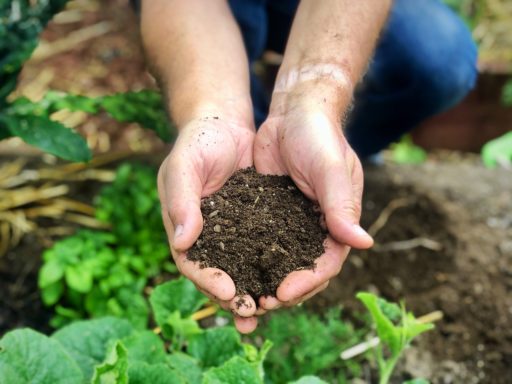
When you’re sure the last frost date has passed, it is time to transplant your seedlings into the garden. Happy gardening!
Learn which vegetables you should start growing indoors for summer planting here


